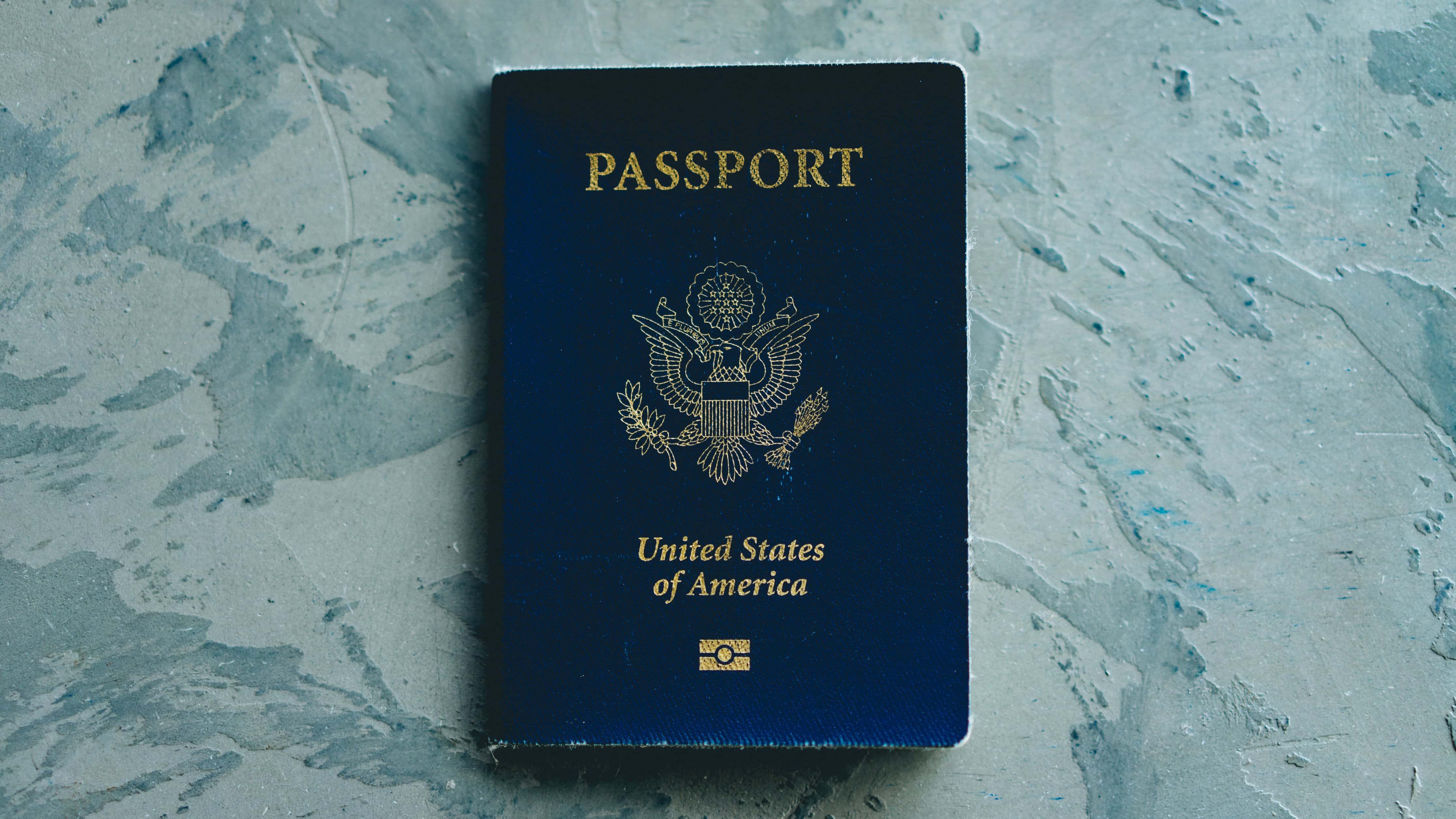Tax Fairness for Americans Abroad Act: Potential Tax Relief for Canadian Residents with U.S. Citizenship
December 27, 2018
written on behalf of Feigenbaum Law
On December 21, 2018, North Carolina Republican Congressman George Harding tabled the Tax Fairness for Americans Abroad Act, a bill which, if passed, would exempt Americans living in Canada (and other countries abroad) from having to pay tax on income earned outside of the U.S.
Citizenship-Based Taxation
Holding said he introduced the proposed legislation because the U.S.’ current system imposes an unfair burden on taxpayer who have American citizenship but live outside the U.S.
The U.S. is only one of two countries worldwide which taxes its residents based on citizenship, rather than where that resident lives (the only other country to do this is Eritrea). Practically speaking, this means that cross-border residents who have dual U.S.-Canadian citizenships must file tax returns in both Canada and the U.S.
In a statement, Holding said:
Not only does our archaic citizenship-based tax system impose a costly burden on Americans living abroad, but it also discourages businesses from hiring U.S. citizens for jobs in foreign jurisdictions…[t]his common-sense bill takes a huge step towards ending the outdated, backwards policy of double-taxation of American citizens living abroad.
Residency-Based Taxation
The bill proposes a shift from citizenship-based taxation to the global standard of residency-based taxation. If such a shift is made, it would eliminate the need to report total worldwide income to the Internal Revenue Service (IRS).
Instead, Americans living in Canada (or elsewhere in the world) would report any U.S.-sourced income to the IRS, but would report any income generated in their country of residence only to the tax authority in that country (thus only being taxed on that income by that authority).
Qualified Non-Resident Citizen Status
Under the bill, foreign-sourced income and U.S.-sourced income is treated separately and, if a U.S. citizen has “qualified non-resident citizen status”, their foreign-sourced income would not be taxed in the U.S.
In order to qualify for non-resident citizen status, a U.S. citizen must be non-resident in the U.S. and must make an election to be taxed as a non-resident.
“Non-resident” is an individual who:
- Has U.S. citizenship;
- Has a tax home in a foreign jurisdiction;
- Has been in full compliance with U.S. tax laws for the previous 3 years; AND
- Establishes that they have been a bona fide resident of a foreign jurisdiction for an uninterrupted period that includes an entire tax year; OR
- Is present in a foreign jurisdiction for at least 330 full days during a tax year.
Once a taxpayer can establish the above, they can then choose to be taxed under the newly proposed tax rules, which will exclude foreign source income from gross income reported to the IRS. Qualified non-resident citizens will remain subject to tax on any U.S.-source income.
This would serve to eliminate double-taxation of Americans living across the border, or abroad, and would also ease the burden of dual tax filing.
We will continue to follow developments in this new bill as it progresses, and will provide updates as they become available. In the meantime, if you have any questions about how this may impact your tax planning or your tax reporting obligations contact Feigenbaum Law. We are a full-Service Canadian & U.S. tax firm focused on complex cross-border matters, specifically the legal and financial complexities that arise when your money crosses the border.
We offer a range of services in this highly niche area, providing skilled advice and solutions. We offer corporate tax planning and compliance, personal tax planning and compliance, immigration & visa services, cross-border estate planning and services related to tax controversy.
As a client, you will have peace of mind knowing that your matters are being handled by industry leaders with years of experience. We know taxes can be stressful, so we work with you to make your tax experience as simple and worry free as possible.
To learn more about how we can help you, or to make an appointment, contact us online, or call our office toll free at (877) 275-4792.





